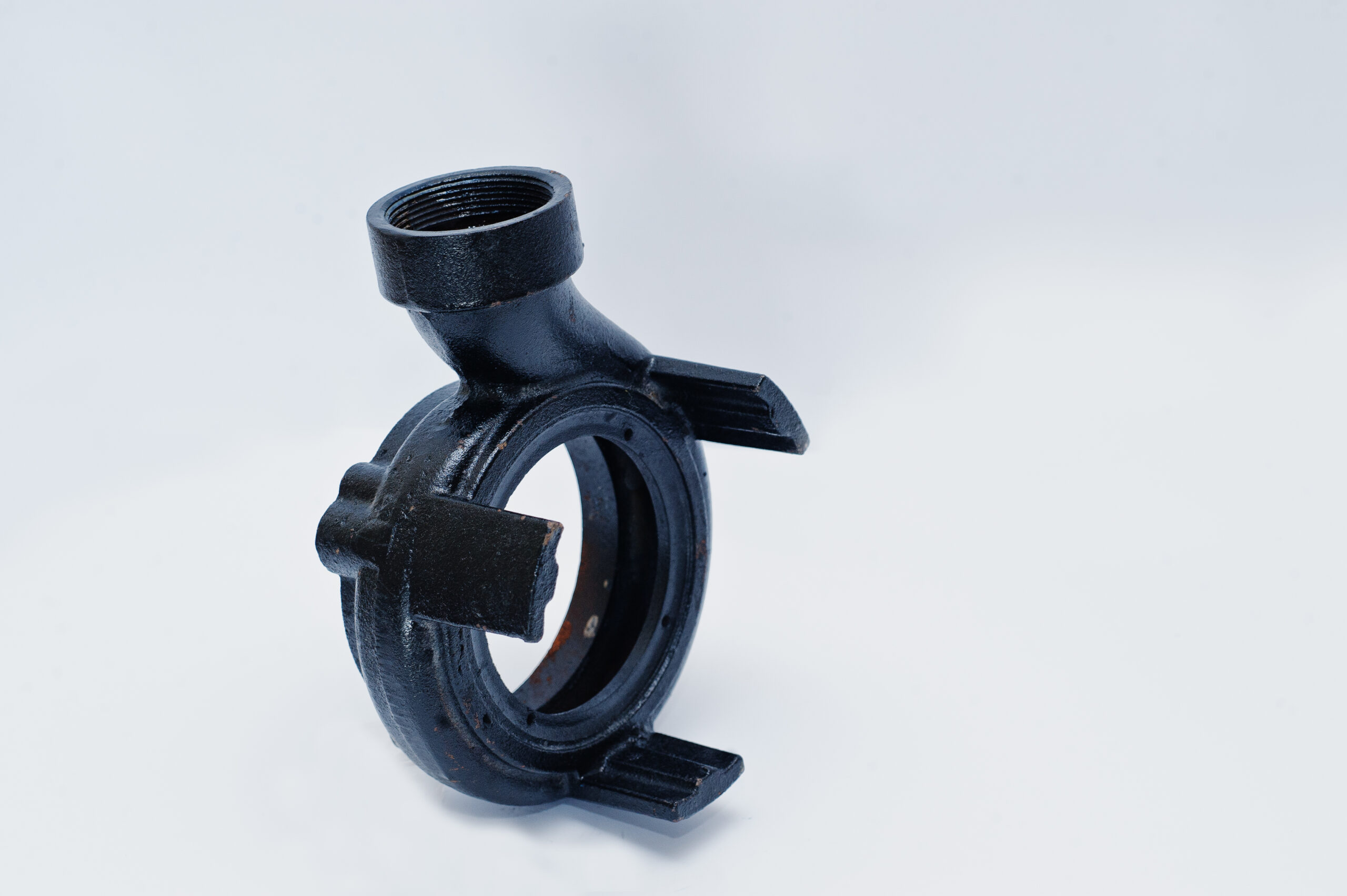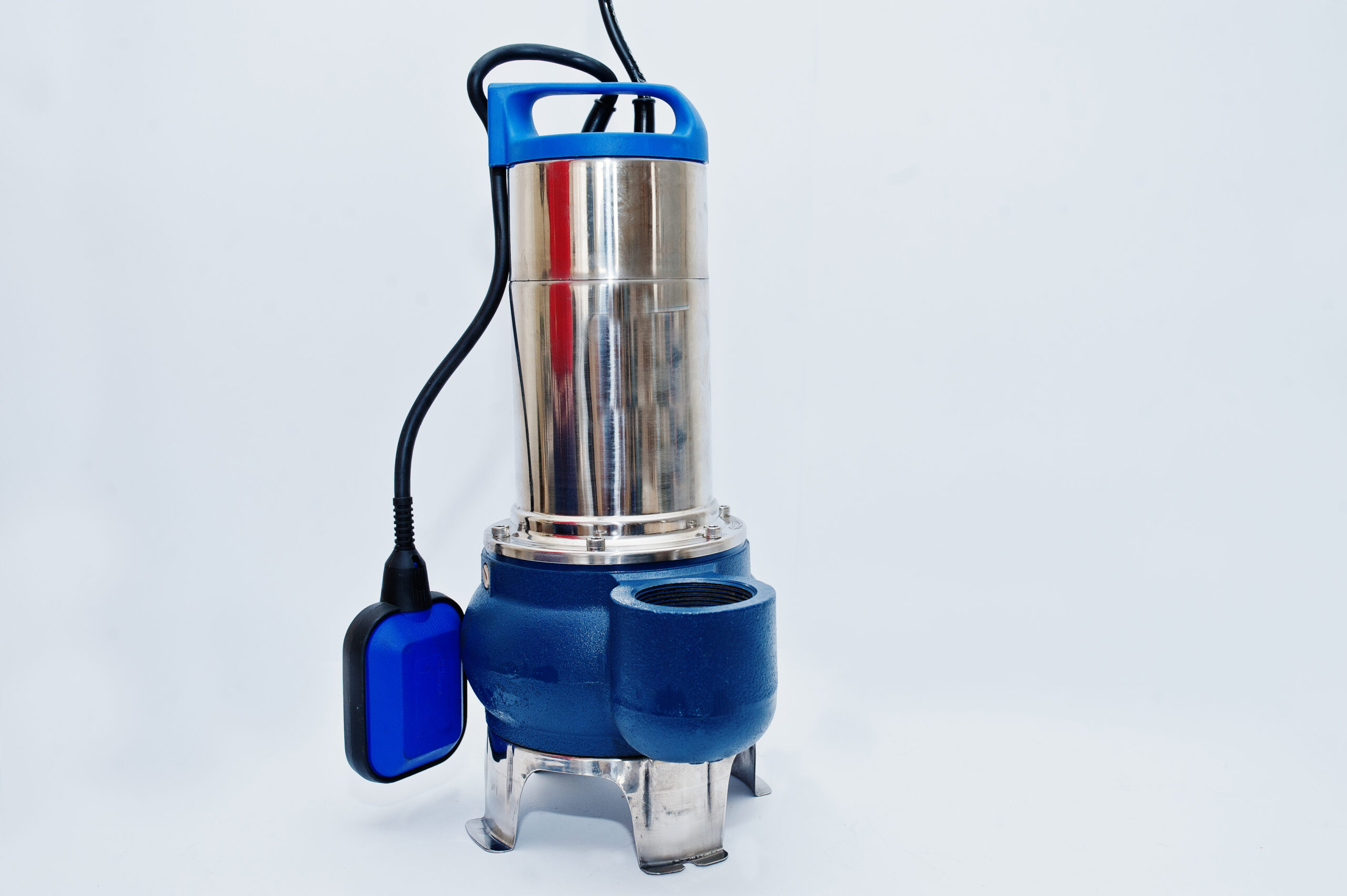Introduction:
Water pumps have been a crucial tool for various applications for centuries, serving industries, agriculture, and households alike. With advancements in technology, electric water pump motors have emerged as a game-changer, offering improved efficiency, convenience, and environmental benefits. In this article, we delve into the intricacies of electric water pump motors, exploring their functionality, benefits, and applications across different sectors.
Table of Contents
Understanding Electric Water Pump Motors:
The Heart of Efficient Pumping Systems
Electric water pump motors are the beating heart of modern water pumping systems. These motors provide the necessary power to drive water through pipelines, enabling the efficient movement of water for various purposes. Unlike traditional pump systems that rely on internal combustion engines or manual labor, electric water pump motors offer a cleaner, more convenient, and energy-efficient solution.
Components and Mechanism

An electric water pump motor consists of several key components that work harmoniously to achieve effective water pumping:
Electric Motor: At the core of the system is the electric motor, which converts electrical energy into mechanical energy. This mechanical energy drives the impeller, propelling water through the pump and into the desired location.
Impeller: The impeller is a vital component responsible for creating the necessary centrifugal force to move water. It is designed with curved blades that accelerate the water, generating pressure and flow.
Housing: The housing encases the motor and impeller, facilitating the flow of water while maintaining structural integrity. It is often constructed from durable materials to withstand the rigors of continuous operation.
Inlet and Outlet Ports: These ports allow water to enter and exit the pump. The inlet port facilitates the intake of water, while the outlet port expels pressurized water to its destination.
Advantages of Electric Water Pump Motors:

Efficiency and Energy Conservation
One of the standout advantages of electric water pump motors is their energy efficiency. Unlike combustion engines that produce waste heat and consume more fuel, electric motors convert a higher percentage of the input energy into useful mechanical work. This translates to reduced energy consumption and lower operational costs, making electric pump systems an economical choice in the long run.
Environmental Friendliness
Electric water pump motors contribute to a greener environment due to their lower emissions and reduced carbon footprint. As the world moves towards sustainability, these motors play a pivotal role in minimizing air pollution and dependence on fossil fuels, aligning with global environmental goals.
Low Maintenance
Compared to traditional pump systems, electric water pump motors require less maintenance. Combustion engines have intricate mechanical components that need frequent checks, while electric motors have fewer moving parts and operate with less friction, leading to longer lifespan and fewer maintenance requirements.
Instantaneous Operation and Control
Electric water pump motors offer quick start-up and shut-down capabilities. This rapid response is especially beneficial for applications that require immediate water delivery or sudden changes in flow rate. Additionally, these motors can be easily integrated into automated systems, enabling precise control over water distribution.
Applications Across Industries:
Agriculture and Irrigation

In the agricultural sector, electric water pump motors are extensively used for irrigation purposes. They allow farmers to efficiently water their crops, ensuring optimal growth and yield. These motors can be paired with smart irrigation systems that monitor soil moisture levels and weather conditions, enabling automated watering schedules for maximum resource utilization.
Industrial Usage
Industries rely on electric water pump motors for various operations such as cooling, heating, and transporting liquids. They are crucial in manufacturing processes where precise control over fluid movement is essential. These motors find applications in chemical plants, manufacturing units, and even power generation facilities.
Residential and Commercial Buildings
Electric water pump motors are commonly employed in residential and commercial buildings for water supply and circulation. They ensure consistent water pressure for showers, faucets, and other utilities. In large buildings, boosting systems equipped with electric pump motors help maintain adequate water pressure across different floors.
Challenges and Future Prospects:
Overcoming Power Fluctuations
One challenge faced by electric water pump motors is their susceptibility to power fluctuations. Voltage variations can affect motor efficiency and lifespan. To mitigate this, voltage stabilization mechanisms and surge protectors can be integrated into pump systems.
Integration of Smart Technology
The future of electric water pump motors lies in the integration of smart technology. By incorporating sensors, data analytics, and remote monitoring capabilities, these motors can become more adaptive and efficient. Smart pumps can adjust their performance based on real-time data, optimizing energy consumption and predicting maintenance needs.
Enhanced Energy Storage
Further advancements in energy storage solutions could contribute to the optimization of electric water pump motors. Batteries and capacitors could store excess energy during periods of low demand and release it during peak usage, reducing strain on the electrical grid and enhancing overall efficiency.
Conclusion:
Electric water pump motors have revolutionized the way water is moved and distributed across various sectors. Their efficiency, environmental benefits, and adaptability to smart technology make them a cornerstone of modern water pumping systems. As technology continues to evolve, these motors are poised to play an even more significant role in shaping a sustainable and water-efficient future. Whether in agriculture, industry, or everyday living, electric water pump motors are powering a new era of efficiency and innovation.
